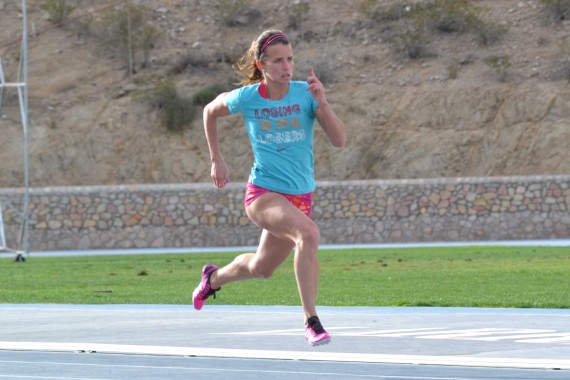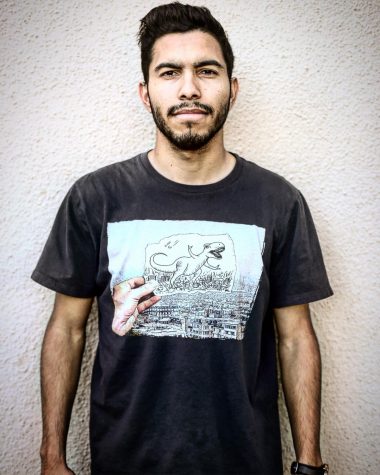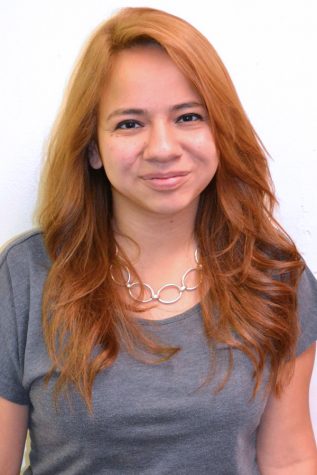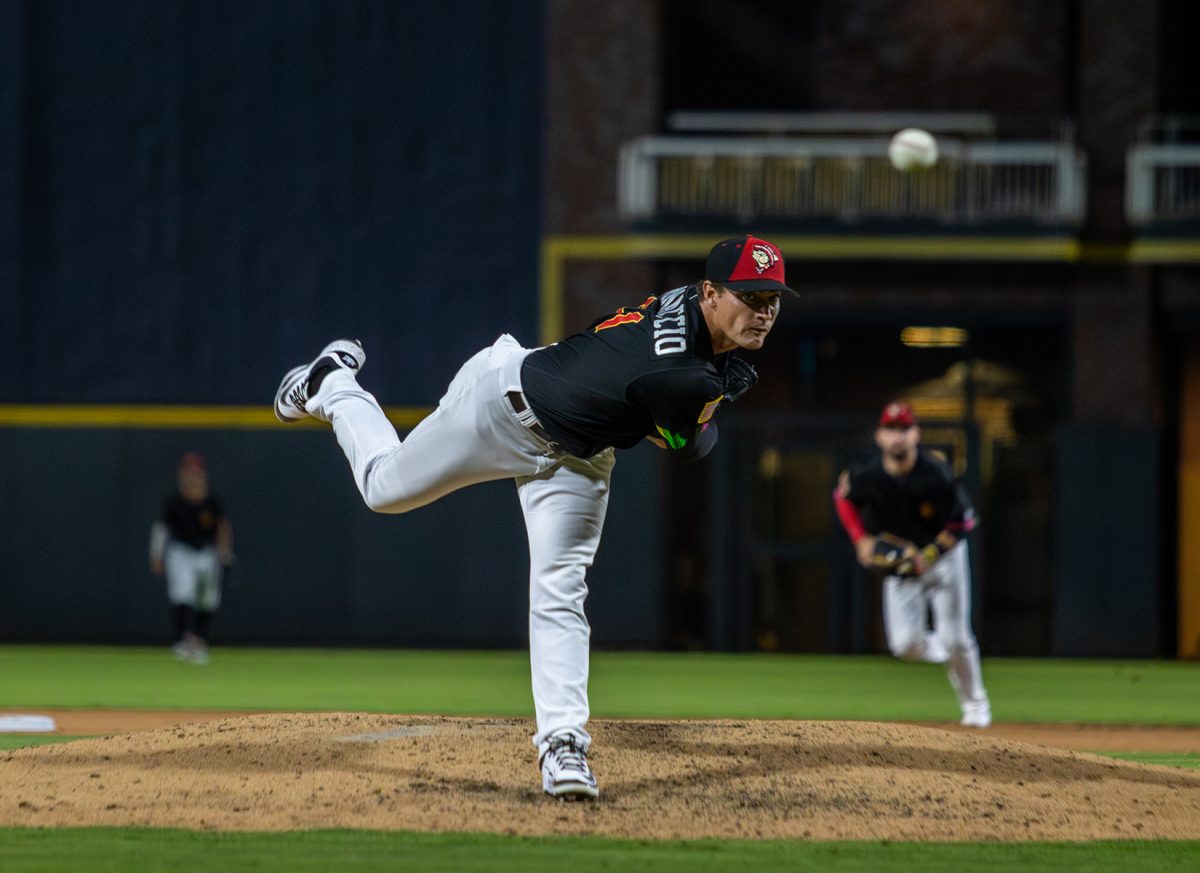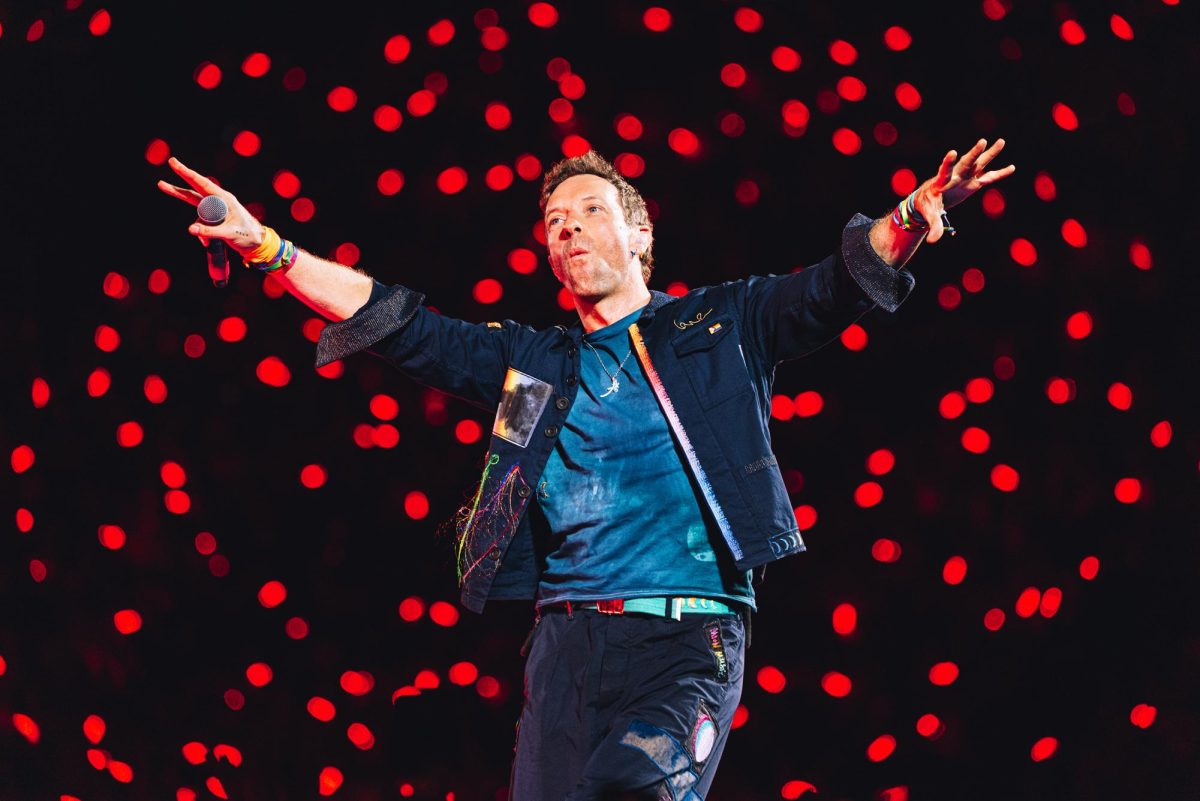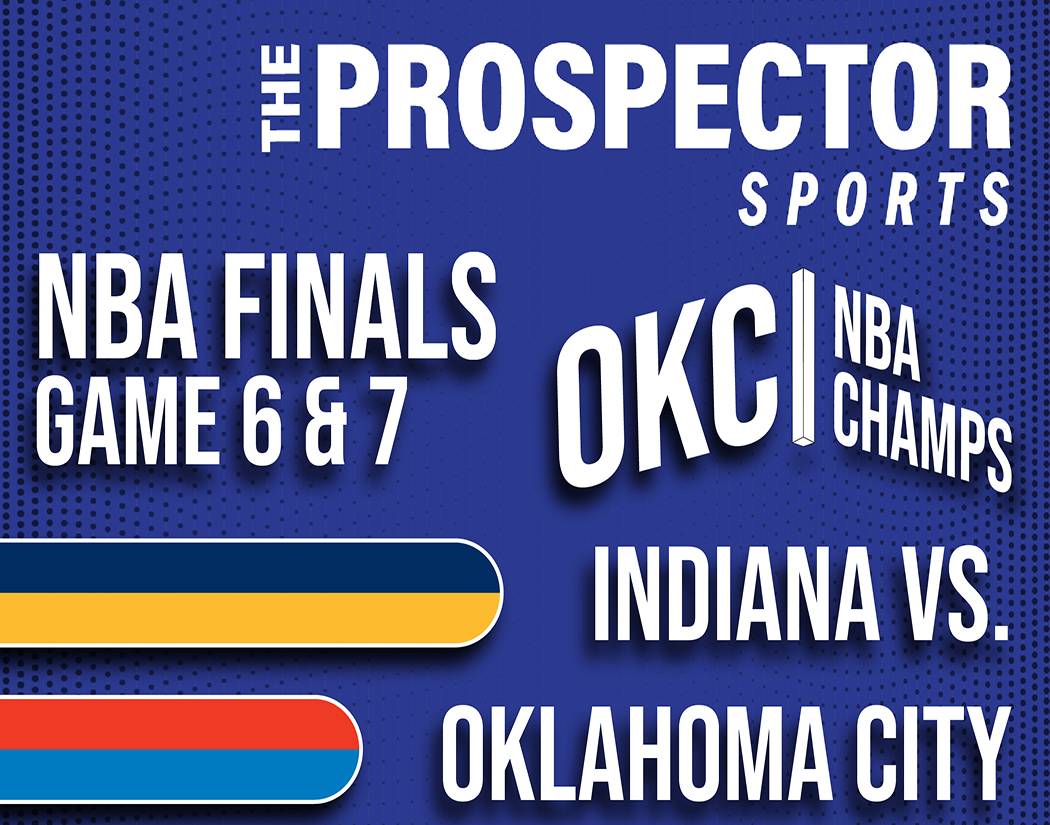Besides the occasional student-athlete in class or the occasional football or basketball game that students attend, most do not know the amount of training student-athletes have to dedicate themselves to, other than the actual strength coaches.
Assistant strength and conditioning coach David Adamson, who has been at UTEP since the summer of 2007, knows about the blood, sweat and tears an athlete goes through.
“Being a student-athlete is not easy,” Adamson said. “The average student does not understand it. This is not high school, where you can just show up to the game and perform. All in all, student-athletes train five to six days a week and you have to do this on top of classes.”
Since 2002, Adamson has been in strength and conditioning. From Arizona State to Virginia Commonwealth, Adamson has worked with athletes all around the country.
Name the sport and Adamson has worked with its athletes. From football and golf to soccer, Adamson has trained all athletes under the sun. As of now, Adamson is working with track and field and volleyball. Despite the differences, some things stay true no matter what the sport it is.
Adamson brings to the table the experience of a strength coach and also the experience as a competitor. He is a competitive weight power lifter, and he has competed in three different weight classes. Adamson uses his many experiences as a coach and competitor to make his athletes better.
“A lot of the basic concepts are the same,” Adamson said. “Just because you are a soccer player does not mean your body functions different than a football player. Strength is the same no matter what. Endurance is the same no matter what.”
The differences in how a strength coach trains his athletes depends on the demands of each sport. For example, both a soccer player and baseball player need endurance to excel in each sport, but the difference comes in the volume of endurance training.
“Obviously, soccer needs more of endurance than a baseball player, but that does not mean a baseball player does not need endurance,” Adamson said. “The difference is to the extent you train those things and the volume that you use with each sport. You have to look at the demands of each sport.”
One of the common misconceptions about a strength and conditioning coach is that they are similar to a personal trainer.
“A personal trainer usually works with the general population,” Adamson said. “A strength coach primarily works with athletes and is preparing those athletes for vigorous competition. A personal trainer does not have a goal of preparing someone to compete in sports.”
Another difference is the amount of time that needs to be put in to become a strength and conditioning coach as opposed to a personal trainer.
“Unlike a personal trainer, you can’t just get on the Internet and get certified,” Adamson said. “You have to put in time, and for starters, you have to have a degree. Then you need to become certified in a more extensive way than if you were a personal trainer.”
There are three different types of certifications that are looked at to be a strength and conditioning coach. The Certified Strength and Conditioning Specialist (CSCS), Collegiate Strength and Conditioning Coaches Association (CSCCA) and USA Weightlifting (USAW).
If any common misconceptions can be dispelled about student-athletes and strength and conditioning coaches it is that there is more work being put in than your common gym rat or personal trainer.
Javier Cortez may be reached at [email protected]


